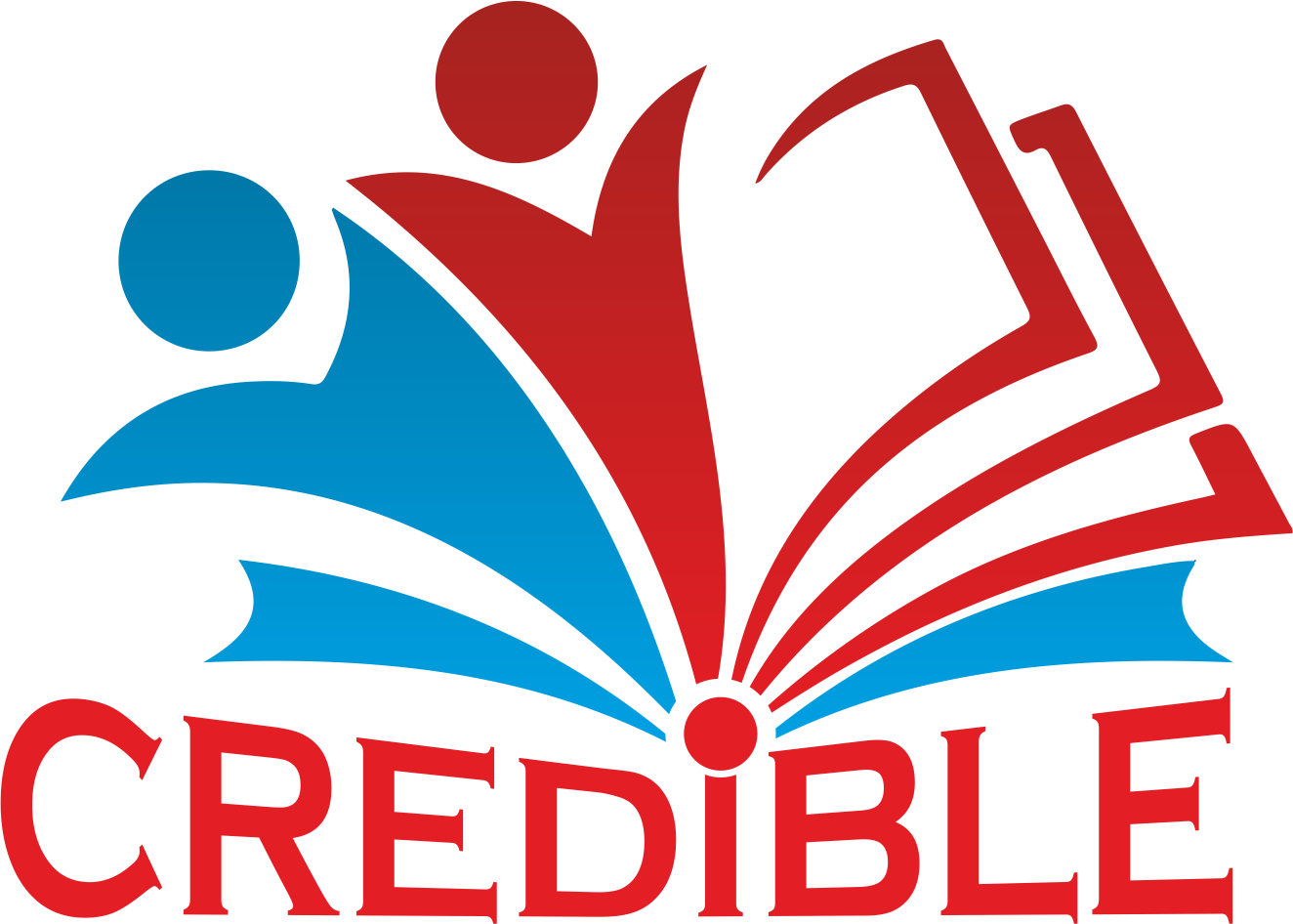Children with Rare Diseases and their Inclusion in Basic Learning Environments. CREDIBLE, is an Erasmus+ project KA201.
A rare disease is any disease that affects a small percentage of the population.
The fact is that although a disease is described as “rare”, it is estimated that the number of people in Europe suffering from a rare disease is greater than 30 million.
Rare diseases affect not only people diagnosed, but also families, friends, caregivers and the whole society.
Most rare diseases are genetic and are present throughout a person’s life, even if the symptoms do not appear immediately. In Europe, a disease or disorder is considered rare when it affects 1 in every 2,000 citizens.
Although some rare diseases affect only 1 in 50,000 people, patients with rare diseases together account for 6 to 8% of the EU population.
Rare diseases are characterized, in addition, by the high degree of social and professional ignorance, the absence in many cases of clear diagnosis and effective treatment, and the scarcity of attention and specific aids.
Children with rare diseases is a particularly vulnerable group in the educational field. This is the reason because is necessary to recognize and guarantee the rights of children and people with rare diseases: tolerance, respect, non-discrimination, equal opportunities and the value of differences. Educationally speaking, real “educational inclusion”
Numerous reports on the current situation of children with rare diseases coincide in the weak points of the educational system when it comes to responding to this group.
Many complaints focus on the scant attention that children are receiving from teachers, who in some cases even refuse to teach their subjects. 73% of the associations express dissatisfaction with the educative inclusion in the pre-compulsory and post-compulsory stages.
The problem in the educational environment occurs at different levels, causing a domino effect. Beginning with an ignorance and social incomprehension, which implies indifference from the administrations and is clear taking into account the absence of appropriate resources available to students. Both levels can be harmful to the participation of teachers and families and, in turn, results in discrimination and rejection in the classroom. All this falls on children, affecting their development.
The training of teachers and the exchange of information and experiences, together with coordinated intervention with parent associations, are some of the proposed instruments to ensure that the school stage can integrate and empower children with rare diseases to projecting them towards a better social and working future.
In these reports, the development and dissemination of educational guides for teaching staff is also proposed, indicating what attention the child and adolescent population will require in certain specific situations.
The objective of this project is to address this problem by trying to offer some solutions that, although undoubtedly they will be insufficient to solve the problems this group face to, will serve to take a step further in the educational inclusion of children with rare diseases.
According to the studies mentioned, teaching support is one of the weaknesses detected. Ignorance of rare diseases, together with lack of experience and training, are key aspects that are addressed in this project.
Taking advantage of the global scope offered by the development of ICT, this project proposes the development of a platform for the exchange of experiences that can be a valuable tool to alleviate the deficiencies observed. The heterogeneous casuistry of children affected by rare diseases requires a special treatment of pedagogical information so, case histories can be a key instrument in teacher training.
To complement the usefulness of the platform, it is also proposed to develop an educational guide with a pedagogical-health approach together with a training course for teachers, in MOOC format, designed ad hoc.
It is expected that the educational inclusion of children with rare diseases will benefit considerably with this support to teaching work, which will also provide social awareness, empowerment of children, family and associations of people with rare diseases and influence on inclusive educational policies.
To carry out these objectives, this consortium brings together organizations that cover all the stakeholders involved in the process: schools, teachers, public education administrations, enterprises and NGOs of patients and relatives, so that the joint work guarantees the highest quality of the final results.
In addition, the geographic location of the partners (Greece, Latvia, UK, Romania and Spain) ensures sufficient variety to generate the corresponding synergies, providing very different visions of the project approach, thus ensuring an adequate European dimension.

